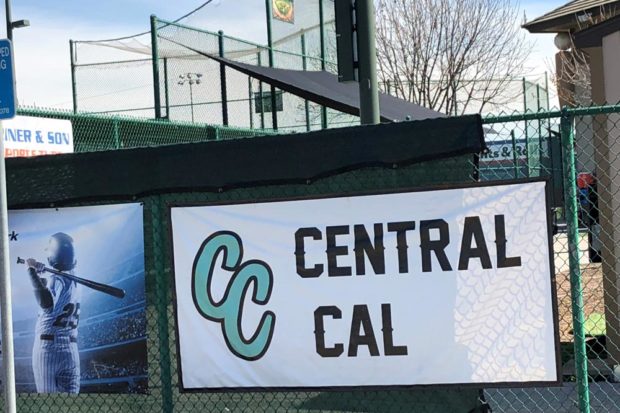
By Andy Hansen-Smith
What role should the City of Fresno have in providing amenities to its citizens? Should these amenities have to break even financially?
At a recent Fresno City Council meeting, the Council was asked to pay $150,000 for protective netting for the Granite Park softball/baseball complex in central Fresno. This barrier would help prevent the homes near the park from any stray batted balls that might cause damage.
Granite Park was bought by the City of Fresno when the original developer went bankrupt. In hopes of salvaging the original idea of a place for softball and baseball tournaments and to recoup some of the taxpayers’ dollars, the Council was eager to have well-known local developer Terrence Frazier and business leader T.J. Cox revive the project.
The central Fresno area off Highway 168 and Dakota Avenue, like much of southern Fresno, is lacking in green spaces. This project helps to lessen that shortage while providing a regional amenity.
The Council must try to find a balance between spending tax dollars and making the city more attractive to current and future residents. The amount of park space is one amenity that companies wanting to relocate to Fresno look at, along with the quality of schools, museums, symphonies, manufacturing and business parks, and transportation hubs.
The goal with Granite Park was for it to be able to break even financially with the for-profit business side of the property that encompasses a variety of restaurants and other entities. With the request to the City Council for netting, it obviously isn’t entirely breaking even.
At this park, as well as a similar setup at Al Radka Park, the ballfields must be secured when games are not scheduled to prevent vandalism, which brought up the question by neighbors as to why taxpayer-funded properties were not open to the public. Having to consider the cost to repair or to restrict access to the property owned by the citizens themselves, the Council members understood that protecting the investment was a necessary decision, even if it meant preventing the people of the neighborhood access 100% of the time.
As Fresno searches to build new and maintain current amenities, there is a sales tax potentially heading for the November ballot that would create and upgrade Fresno’s park system. A recent poll indicated that 70% of Fresnans would be willing to pay such a tax. A two-thirds majority will be necessary for it to pass.
Fresno is ranked 90th of the top 100 largest cities in the United States regarding parks according to the Trust for Public Lands ParkScore. This is up from dead last a few years ago, mainly due to joint-use agreements with public schools to allow use of school playgrounds and athletic fields after hours.
Approximately four cents of every tax dollar goes to parks, with the lion’s share going to the police and fire departments. A sales tax would go a long way toward eradicating the dearth of parks especially in south Fresno. A local group, the Southeast Fresno Community Economic Development Association (SEFCEDA), is working to turn 47 acres of land at Peach and Butler avenues into a regional park and eight soccer fields.
The City Council voted to provide funds for the netting at Granite Park. Council Member Oliver Baines said it is probably asking too much for these valuable community amenities to break even.
While voting in favor, Council Member Clint Olivier noted that the economy is not always strong and that the Council had to make hard and tough decisions to reduce funding during the darkest part of the 2008 recession, implying that public funding might not always be available.
Will an appropriate investment in our public amenities improve interest and increase the tax base to help continue funding these spaces when public funds become less available?
*****
Andy Hansen-Smith was born and raised in Fresno. He boomeranged back into town from Oregon in 2002. Contact him at ahansensmith@gmail.com.
